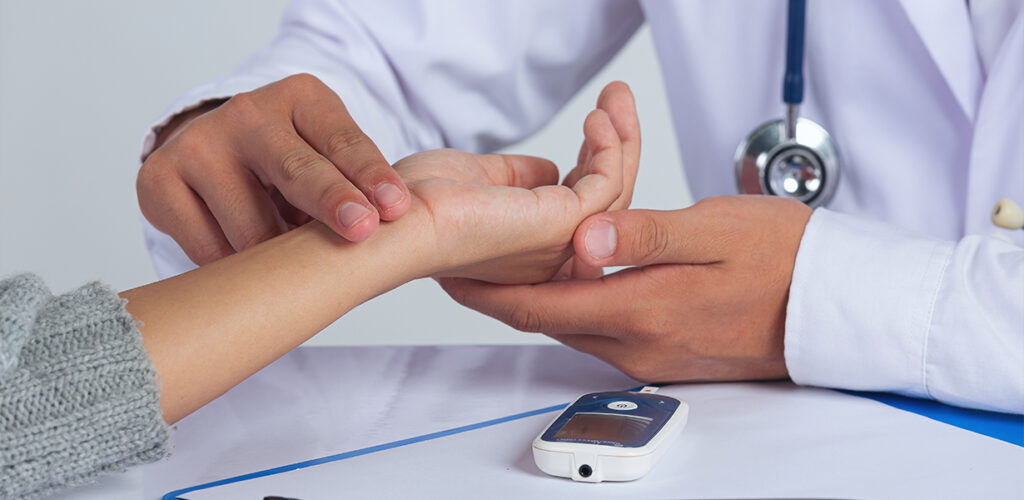For decades, heart surgery has been associated with senior citizens, an issue that comes with aging. But not anymore.
Dr. Udgeath Dhir, a leading cardiothoracic expert, is sounding the alarm: Heart surgery isn’t just for seniors anymore. More adults in their 30s and 40s are undergoing complex procedures like bypasses, valve replacements, and open-heart operations. These aren’t rare exceptions. They’re part of a developing trend driven by modern lifestyles, genetic factors, and overlooked symptoms.
This isn’t just a health warning; it’s a cultural shift. And if you’re in your 30s or 40s, it’s time to pay attention.
The New Reality: Young Adults on the Heart Surgery Table
Data now confirms the disturbing trend: heart attacks and surgeries are no longer rare in younger populations.
- In India, 50% of heart attack cases since 2020 have occurred in adults under 40.
- Studies reveal that 1 in 5 heart attack patients is now under 40.
- Over 50% of cardiovascular disease (CVD) deaths in India happen in individuals younger than 50, and one-fourth of heart attacks strike below age 40.
The reasons? It’s a storm of physical, emotional, and environmental factors coming to a head:
- High-stress jobs
- Sedentary routines
- Ultra-processed diets
- Undiagnosed congenital issues
- Delayed medical checkups
Where once age acted as a buffer, that protection is disappearing. Heart surgery isn’t just for seniors anymore, because the damage is happening much earlier than before.
What’s Behind This Early Surge in Heart Cases?
Dr. Dhir points to four primary contributors:
1. High Stress with No Off Switch
We’re living in an always-on culture. Whether it’s work pressure, financial strain, or the constant buzz of notifications, stress has become a daily constant. But the body pays the price. Chronic stress leads to elevated blood pressure, inflammation, and eventually damage to the arteries, one of the first steps toward heart disease.
2. Poor Diet and Processed Eating
Busy lifestyles have led to skipped meals or worse, quick meals. Instant noodles, sugary snacks, and fried foods have replaced balanced nutrition. Over time, these choices clog arteries, raise cholesterol levels, and trigger diabetes—all of which directly impact heart function.
3. Sedentary Lifestyle
Most young professionals sit for 8 to 12 hours a day. Add commutes, binge-watching, and scrolling into the night, and physical activity is nearly nonexistent. A body that doesn’t move becomes a heart that works harder than it should.
4. Hidden Heart Problems
Some people are born with congenital heart defects or subtle valve abnormalities that go undetected for years. Without early screening, these silent conditions can escalate into life-threatening situations that demand urgent surgical intervention.
The result? Heart surgery isn’t just for seniors anymore, because the conditions that once took decades to develop are now appearing in half the time.
The Real Diagnosis: What’s Leading to Surgery?
Open-heart surgery in younger patients is no longer considered rare. Here’s why more young adults are ending up under the knife:
- Congenital disabilities like atrial septal defects or a bicuspid aortic valve that go undetected into adulthood.
- Valve issues that progress with little warning, requiring repair or replacement in the 30s or early 40s.
- Coronary artery disease results from years of smoking, poor diet, and uncontrolled stress.
While some cases stem from genetics, the majority link back to preventable factors, lifestyle damage that accumulates until the heart says: enough.
Warning Signs That Shouldn’t Be Ignored
Heart disease doesn’t always begin with a dramatic collapse. The body usually sends warnings well in advance, but many young adults dismiss them as trivial.
Here are the signs that demand immediate attention:
- Persistent fatigue, even after rest
- Discomfort or pain in the chest
- Irregular heartbeat or frequent palpitations
- Shortness of breath during mild exertion
- Dizziness or fainting episodes
These symptoms don’t mean you’re paranoid. They tell you your heart may already be under strain. And as Dr. Dhir emphasizes, heart surgery isn’t just for seniors anymore, so don’t wait for things to worsen before getting tested.
The Good News: Young Patients Recover Faster
While the increase in early-age heart surgeries is concerning, there’s a hopeful side. Younger patients often recover faster, with better long-term outcomes, especially when diagnosed and treated early.
Advanced procedures like the Ross operation, which replaces a damaged valve using the patient’s own tissue, show long-term survival rates comparable to individuals without heart disease. For those in their 30s and 40s, this means they can go on to lead full, active lives after surgery, often without long-term complications.
Open-heart surgery today is far more advanced than it was even a decade ago. Success rates for common procedures are now above 97 percent in many hospitals. But the key is timing. The earlier the intervention, the better the outcome.
Take Control: How to Stay Ahead of a Failing Heart
You don’t need to wait for symptoms to act. Heart disease prevention is fully in your control, especially when you start early.
Here’s what experts like Dr. Dhir recommend:
- Start screenings in your early 30s, especially if you have a family history.
- Get your blood pressure, cholesterol, and sugar levels checked regularly.
- Stay physically active. 30 minutes a day is enough to make a difference.
- Prioritize sleep and manage stress through breathing exercises, mindfulness, or therapy.
- Eat clean by reducing sodium, added sugar, and trans fats.
These aren’t drastic changes. But they can drastically lower your risk.
Final Thought: Your Heart Doesn’t Care About Your Birthdate
What makes this new wave of heart patients so shocking is that most don’t “look” sick. They’re working professionals, young parents, and entrepreneurs. They’re fit-looking. They’re busy. They’re tired, but who isn’t?
That’s the danger.
Heart disease is often invisible until it’s urgent. And by then, surgery might be the only option. As Dr. Udgeath Dhir states with clarity, “Heart surgery isn’t just for seniors anymore.” It’s becoming a reality for young adults unless we choose to act.
So don’t wait. Get screened. Listen to your body. Make the changes that matter now.
Because your heart may be younger than your parents’, but it’s not invincible.


